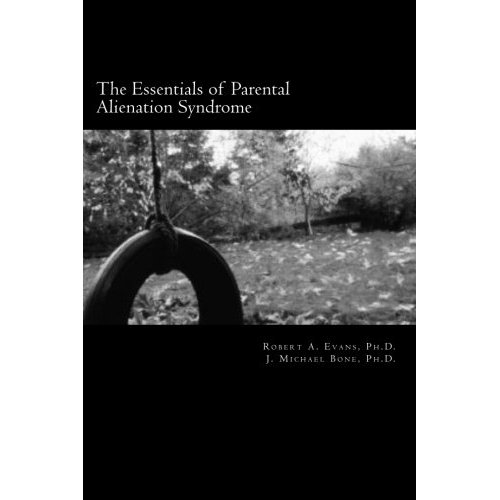The Definition and Symptoms of Parental Alienation
Consider the old expression “to poison someone’s well.” Parental alienation is a course of conduct in which one parent uses denigration and various degrees of criticism to alienate a child from the other parent for false or exaggerated reasons. Unchecked the alienator’s obsessive, never-ending message of hate can wreak psychological havoc on a child, creating parenting and relationship problems for a lifetime. (Lorandos, 2013). The result is a rejected parent for unjustified reasons and a psychologically damaged child.
Another way to look at parental alienation is it is a process of an extreme example of socialization – a well-researched, well documented, universally accepted psychological process (Barden, 2013).
Parental socialization influences on children, including parental alienation, are some of the most reliable and best documented of all psychological and anthropological processes (Ceci & Bruck, 1996; Cialdini, 1993). It has been extremely well documented and is uncontested that children’s memories, emotions, and attitudes can be influenced by parents and authority figures. The very successful transmission of culture itself depends on the ability of parents to instill beliefs, emotions and even memories in children (Ceci & Bruck, 1996; Clawar & Rivlin, 1991, 2013).
 The symptoms of parental alienation include:
The symptoms of parental alienation include:
- Campaign of denigration
- Weak, frivolous, or absurd rationalizations for the deprecation
- Lack of ambivalence
- The “independent thinker” phenomenon
- Reflexive support of the alienating parent in the parental conflict
- Absence of guilt over cruelty to and/or exploitation of the alienated parent
- Presence of borrowed scenarios
- Spread of the animosity to the friends and/or extended family of the alienated parent
In addition we will commonly find:
- Poor reality testing
- Illogical cognitive operations
- Simplistic and rigid information processing
- Inaccurate or distorted interpersonal perceptions
- Disturbed and compromised interpersonal functioning
- Self-hatred
- Low self-esteem or inflated self-esteem or omnipotence
- Pseudo-maturity
- Gender identity problems
- Poor differentiation of self (enmeshment)
- Aggression and conduct disorders
- Disregard for social norms and authority
- Poor impulse control
- Emotional constriction, passivity or dependency
- Lack of remorse or guilt
Parent alienation can devolve into three levels of severity, mild, moderate and severe. The more serious moderate cases and all severe cases require swift and intensive actions on the part of mental health and legal professionals in order to intervene appropriately. The primary focus is to stop the abuse. Check back over the next few weeks, as we will discuss each level of severity in detail.
References:
Barden, R. C. (2013). Protecting the integrity of the family law system: Multidisciplinary processes and family law reform. In D. Lorandos, W. Bernet & S. R. Sauber, Eds. Parental alienation: The handbook for mental health and legal professionals. Illinois: Charles C. Thomas, Ltd.
Clawar, S. S., & Rivlin, B. V., (2013). Children held hostage, Second edition: Identifying brainwashed children, presenting a case, and crafting solutions. Chicago, IL: American Bar Association Press.
Clawar, S. S., & Rivlin, B. V., (1991). Children held hostage: Dealing with programmed and brainwashed children. Chicago, IL: American Bar Association Press.
Ceci, S., & Bruck, M. (1996). Jeopardy in the courtroom: A scientific analysis of children’s testimony. Washington, DC: American Psychological Association Press.
Cialdini, R. B (1993). Influence: Science and practice. New York: Harper Collins Press
Lorandos, D. (2013). Legal interventions in cases of parental alienation. In D. Lorandos, W. Bernet & S. R. Sauber, Eds. Parental alienation: The handbook for mental health and legal professionals. Chicago Illinois: Charles C. Thomas, Ltd.


